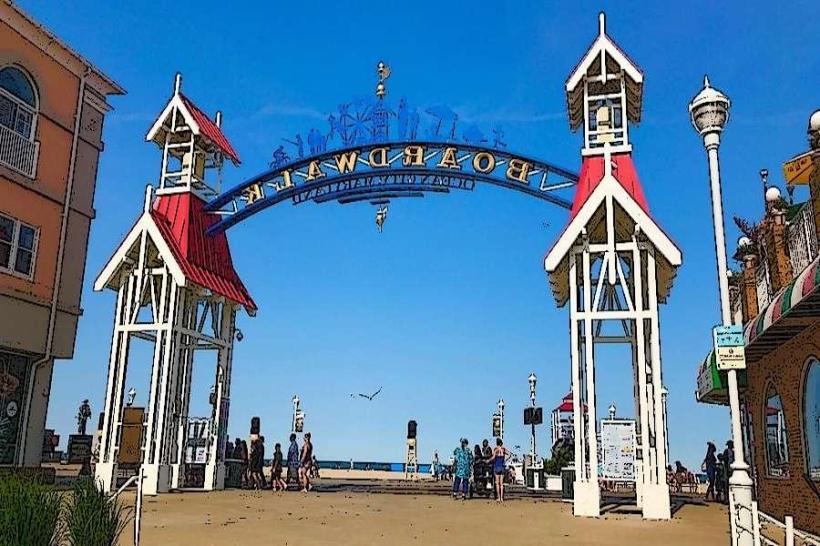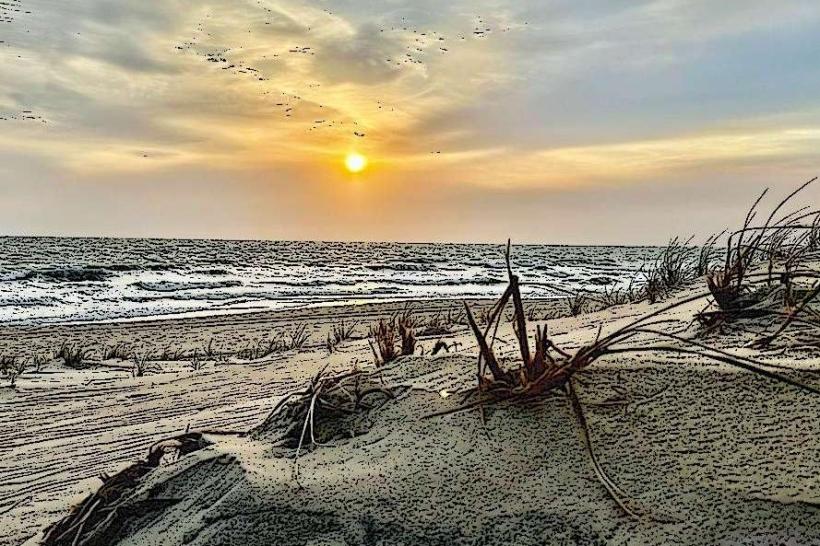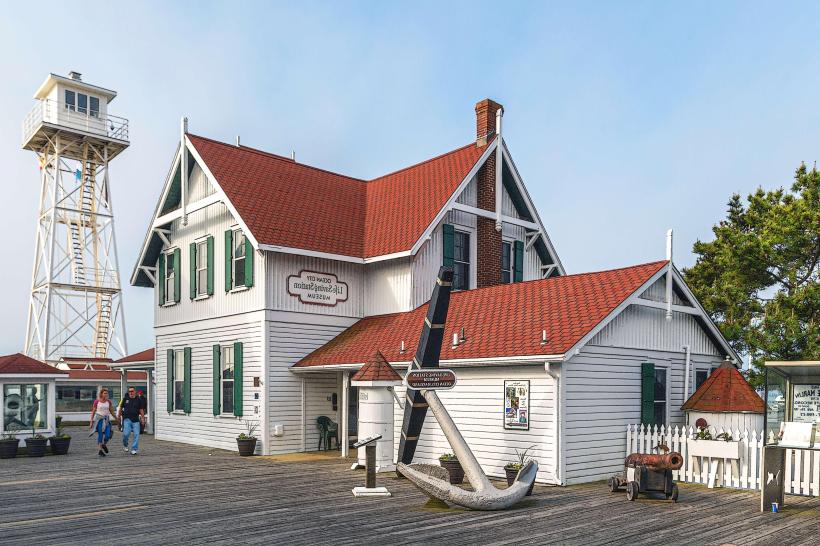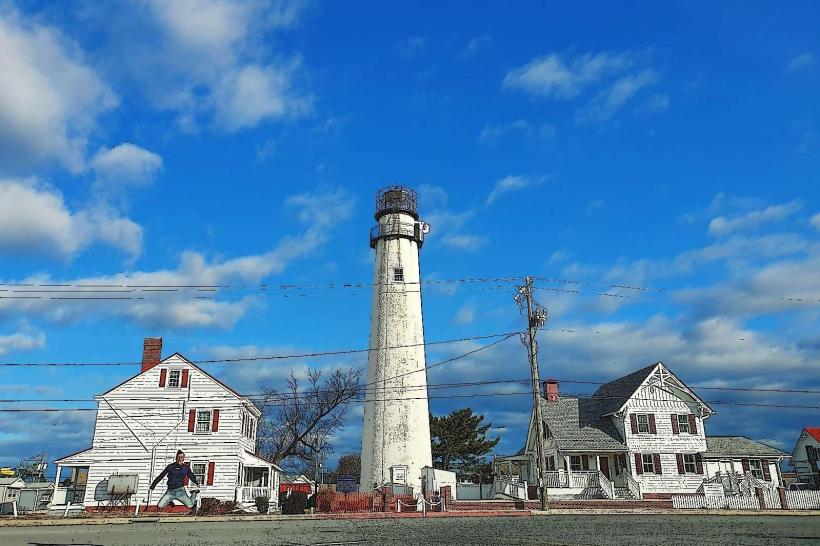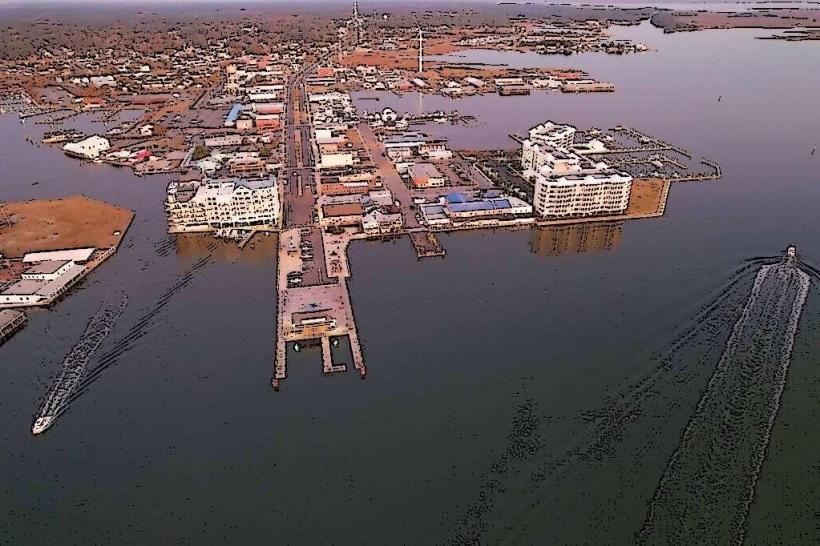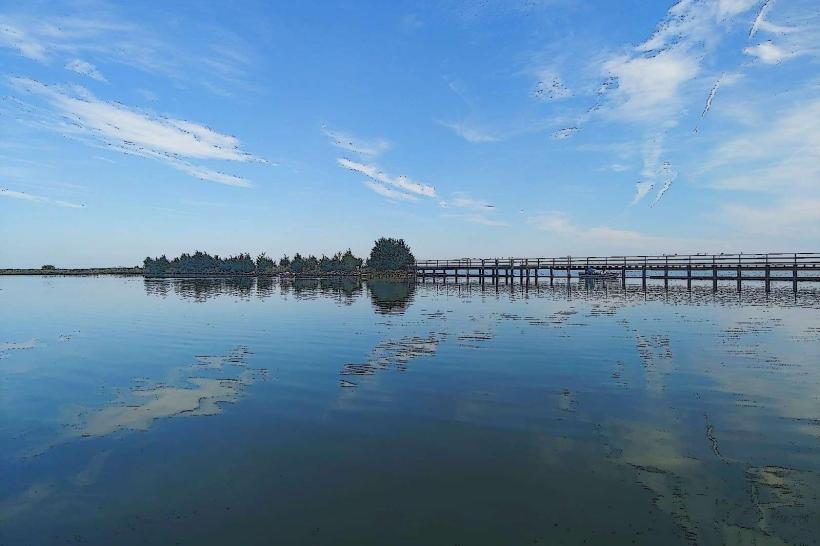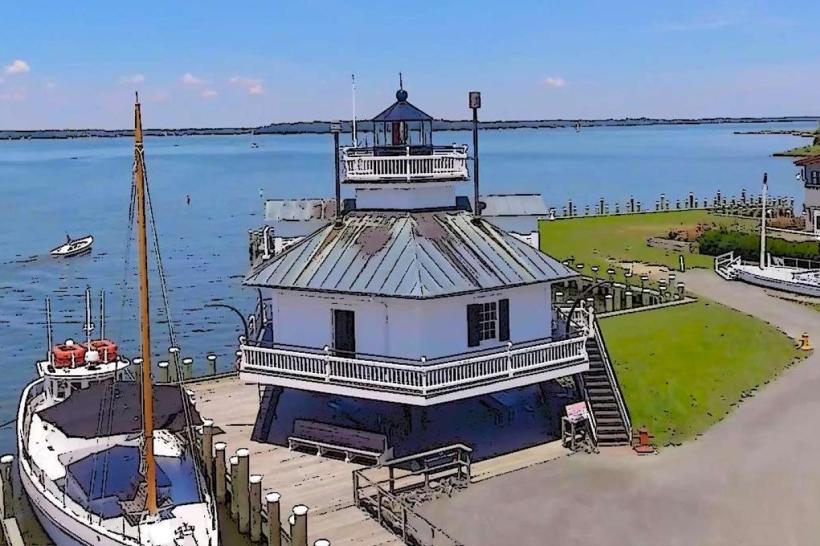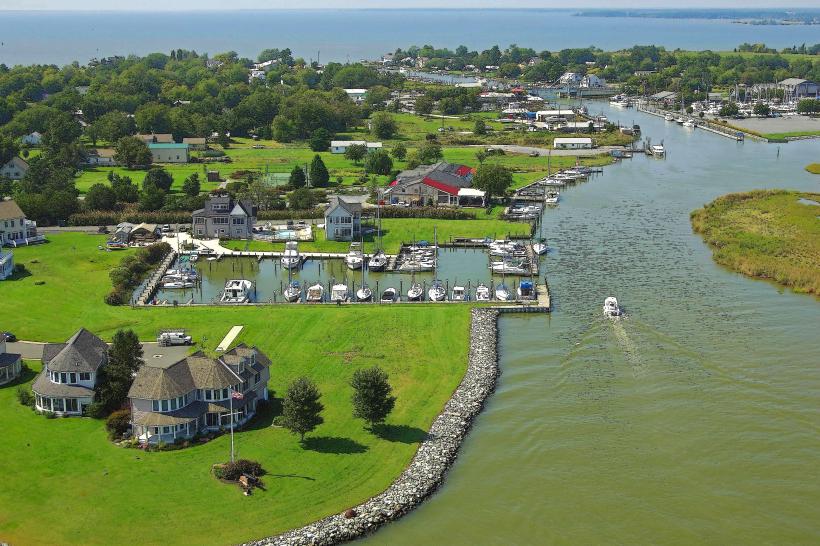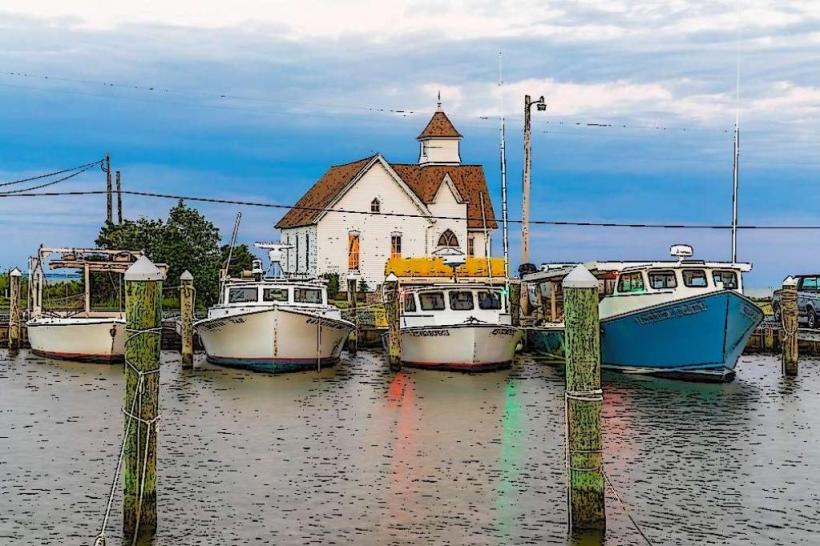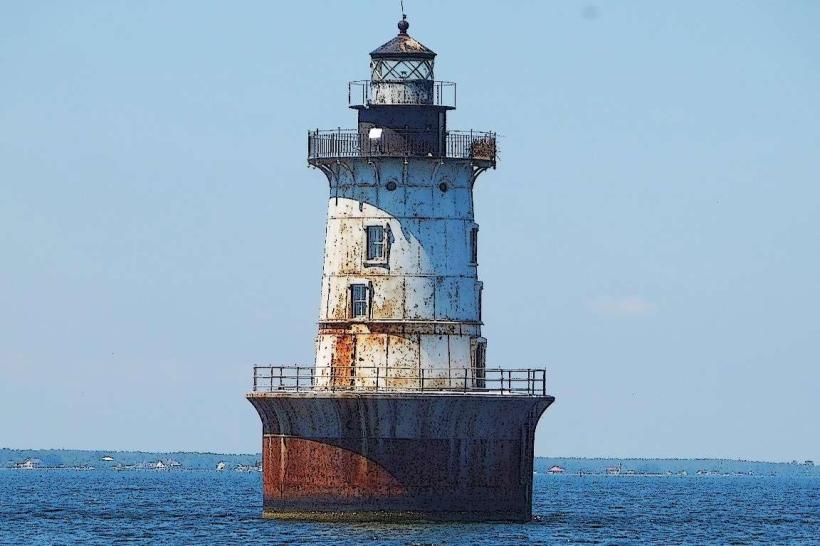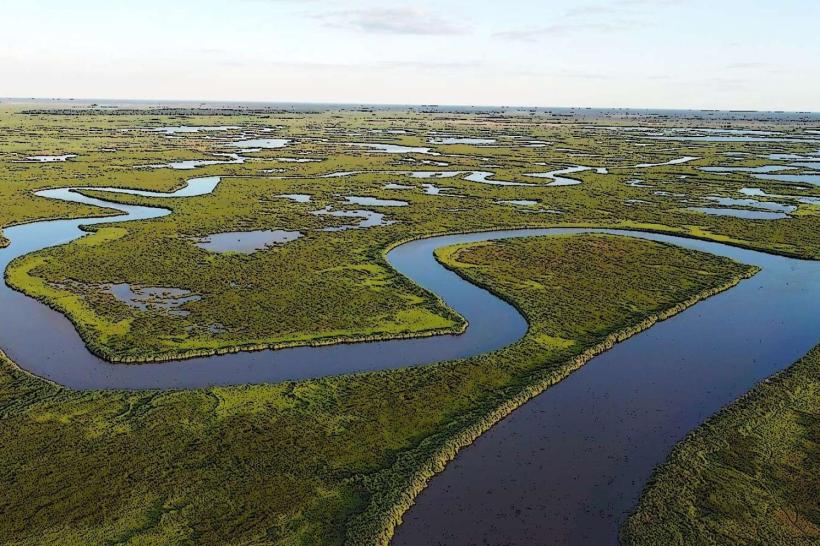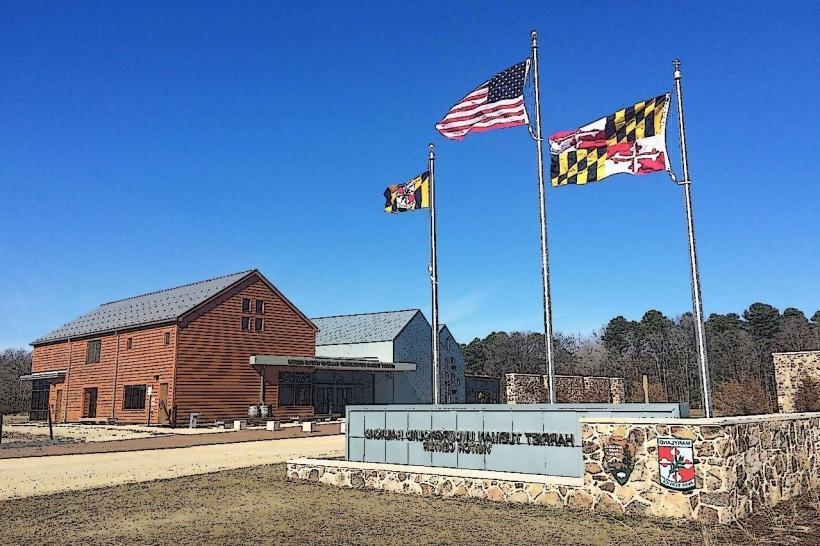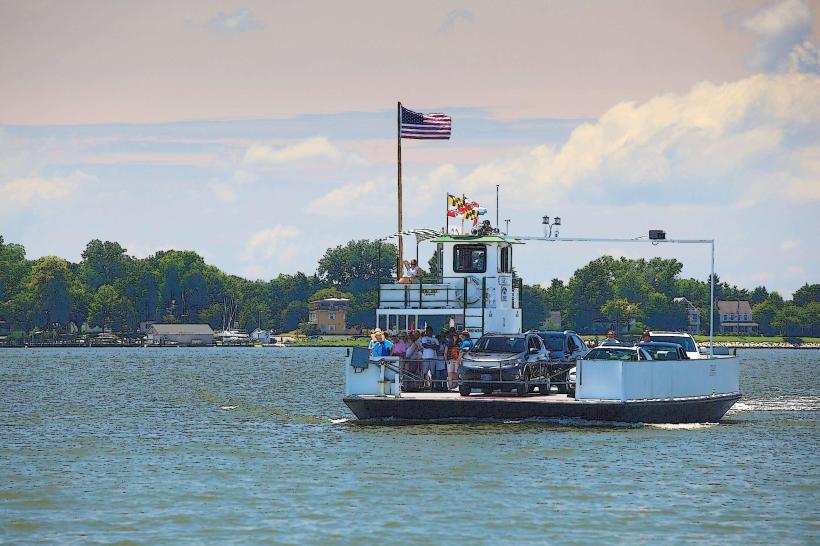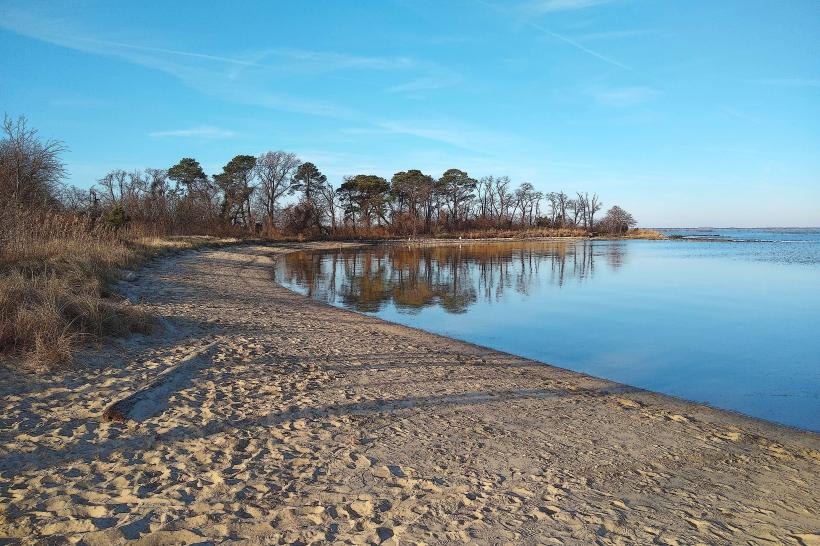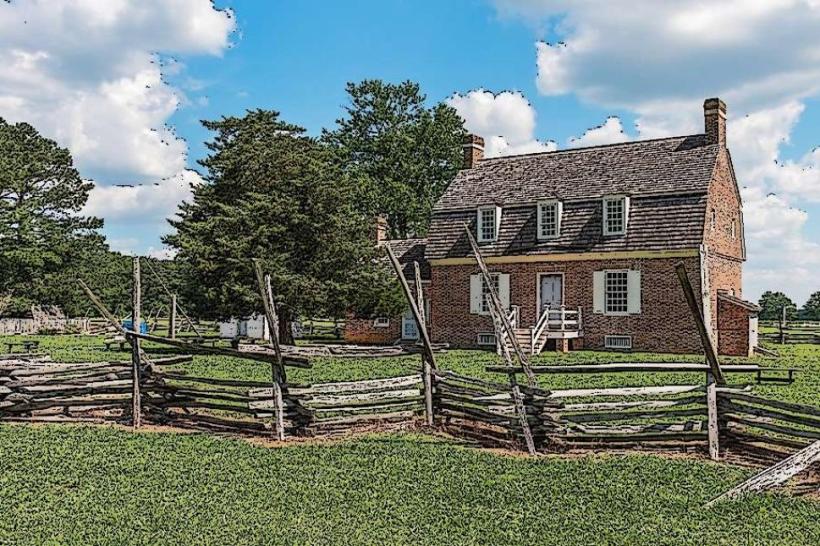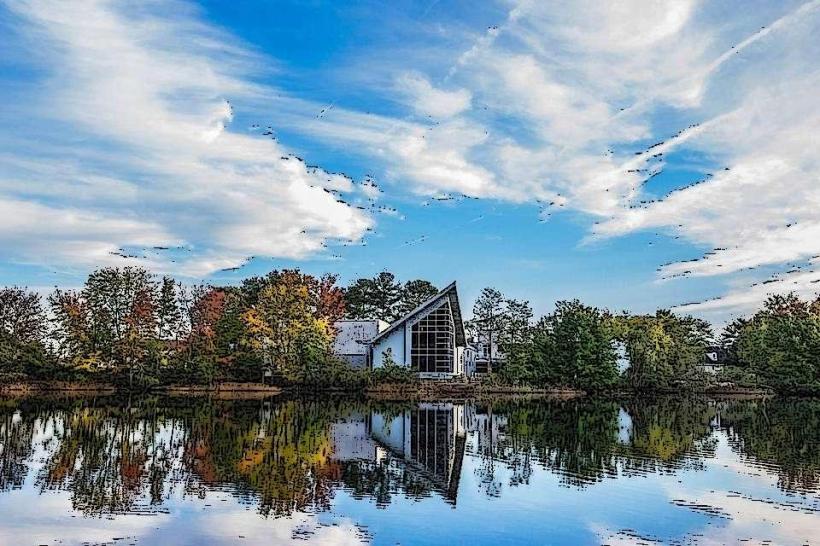Information
Landmark: Assateague Island National SeashoreCity: Ocean City
Country: USA Maryland
Continent: North America
Assateague Island National Seashore, Ocean City, USA Maryland, North America
Assateague Island National Seashore is a pristine, 37-mile-long barrier island located along the coasts of Maryland and Virginia, best known for its wild horses, untouched beaches, and diverse coastal ecosystems. Managed primarily by the National Park Service, the island offers one of the most immersive natural experiences on the Atlantic seaboard, with protected dunes, salt marshes, forests, and wildlife that attract nature lovers, photographers, campers, and beachgoers alike.
Geography and Environment
Assateague Island is separated from the mainland by the Sinepuxent Bay (Maryland) and Chincoteague Bay (Virginia). The Maryland portion is accessible by bridge from Berlin, Maryland, while the Virginia side is accessible through Chincoteague Island.
The island is constantly shaped by coastal processes, such as tides, storms, and erosion, which maintain its dynamic barrier island ecosystem. The habitat zones include:
Ocean beaches: Wide, undeveloped stretches of soft sand bordered by natural dunes.
Coastal bays and salt marshes: Rich feeding grounds for migratory birds and marine species.
Maritime forests: Stunted loblolly pines and wax myrtle groves shaped by salty winds.
Dunes and swales: Rolling sand hills stabilized by native grasses and shrubs.
Wild Horses of Assateague
The island is famously home to feral horses, often called Assateague ponies, though genetically they are horses. Their exact origins are uncertain-legends say they descended from shipwreck survivors, while researchers believe they likely came from 17th-century settlers.
In Maryland, the horses roam freely throughout the National Seashore and State Park, managed by the National Park Service with minimal human interference. They are wild and protected.
In Virginia, the horses are owned and managed by the Chincoteague Volunteer Fire Company and are confined to the southern half of the island. Each July, they are rounded up for the Pony Swim and Auction, a tradition that helps control the population and fund local services.
These horses are hardy but small due to centuries of adapting to poor-quality forage and harsh island conditions.
Activities and Recreation
Assateague Island National Seashore offers a wide array of outdoor activities suitable for visitors of all types-from solo adventurers to family groups.
Beachgoing and Swimming
The Maryland side features several designated swimming beaches, with lifeguards stationed seasonally.
Shell collecting, sunbathing, and picnicking are popular, though the beaches remain mostly uncrowded compared to commercial boardwalk areas like Ocean City.
Camping
The National Seashore and Maryland State Park offer beachfront and bayside campgrounds, including walk-in tent sites, drive-in RV areas, and backcountry campsites accessible via hike or paddle.
Campers often hear wild horses near their tents and witness stunning starlit skies with little light pollution.
Hiking and Biking
Life of the Dunes, Life of the Marsh, and Life of the Forest trails offer short interpretive hikes showcasing the island’s ecosystems.
Biking is permitted on certain trails and roadways, with scenic paths through pine groves and marshland.
Paddling and Boating
Kayaking and canoeing through Sinepuxent Bay and adjacent coves offer opportunities to observe egrets, terrapins, and horses from the water.
Designated backcountry paddle-in campsites provide a unique experience for experienced paddlers.
Fishing and Crabbing
Surf fishing is permitted along much of the ocean shore (outside of swimming zones).
Crabbing is popular in the bayside areas using hand lines or traps.
A Maryland Saltwater License is required for fishing.
Over-Sand Vehicle (OSV) Access
A limited number of vehicles may purchase an OSV permit to drive along a section of the beach for surf fishing and remote access.
Strict rules and environmental guidelines are enforced to protect wildlife and sensitive habitats.
Wildlife and Birding
Assateague Island is part of the Atlantic Flyway, making it a premier birdwatching destination. Depending on the season, visitors may observe:
Shorebirds: piping plovers, sanderlings, oystercatchers
Wading birds: great blue herons, egrets, ibis
Raptors: osprey, peregrine falcons, bald eagles
Migratory waterfowl: brant, buffleheads, and snow geese
In addition to wild horses, the island hosts sika deer (an introduced species), diamondback terrapins, ghost crabs, and endangered species like the Delmarva fox squirrel.
Visitor Centers and Educational Resources
Assateague Island Visitor Center (Maryland side): Located before the Verrazano Bridge, it offers educational displays on island ecology, wildlife, climate change, and barrier island dynamics. It also includes a touch tank, interactive exhibits, and a film theater.
Ranger-led programs include evening campfire talks, beach walks, wildlife observation, and children's activities.
Virginia side (Chincoteague National Wildlife Refuge): Though not technically part of the National Seashore, it includes complementary facilities like the Tom’s Cove Visitor Center, hiking trails, and lighthouse access.
Conservation and Challenges
As a barrier island, Assateague is highly vulnerable to coastal erosion, sea-level rise, and storm impacts. The National Park Service has adopted a "let nature take its course" approach-allowing the island to naturally migrate westward over time. This results in regularly shifting shorelines, overwash zones, and trail closures.
Strict protections are in place to:
Prevent feeding or touching the wild horses (for both visitor safety and animal health)
Preserve fragile dune systems
Monitor and manage human impact on sensitive wildlife species
Seasons and Best Times to Visit
Spring and Fall offer mild weather, fewer insects, and active wildlife. These are ideal seasons for hiking and photography.
Summer brings warm ocean water and beach activity but also more crowds and biting insects (greenhead flies, mosquitoes).
Winter is quiet, peaceful, and especially good for birdwatchers and those seeking solitude.
Conclusion
Assateague Island National Seashore stands as a rare, wild refuge on the Mid-Atlantic coast. Its remote beaches, untamed horses, and dynamic natural landscapes provide an immersive experience into coastal ecology and the rhythms of nature. Far from commercial distractions, Assateague rewards those seeking authentic connection-with the land, the sea, and the past. Whether you're camping under the stars, paddling through marshes, or simply watching wild horses trot across the dunes, Assateague leaves a lasting impression of nature’s quiet, resilient beauty.

